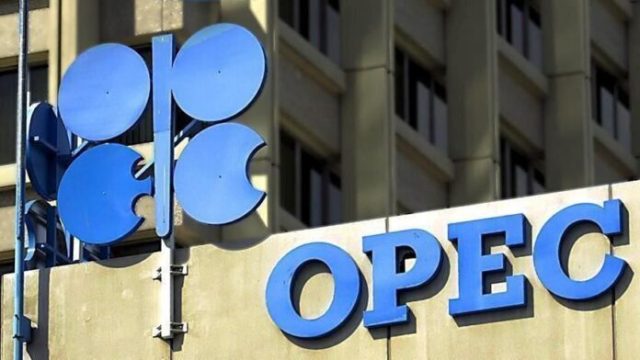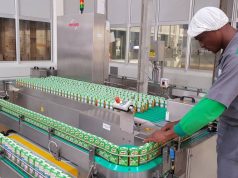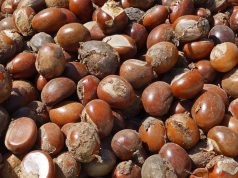Nigeria’s crude oil production rose in July, data from the Organisation of Petroleum Exporting Countries (OPEC) has shown.
According to the oil cartel’s direct communication data, Nigeria recorded 1.507 million barrels per day in July from 1.505 million recorded in June, an increase of 2,000 barrels.
Nigeria’s crude oil production recorded 1.559 million barrels per day in July from 1.543 million recorded in June 2025, an increase of 16,000 barrels, an OPEC survey, which cites secondary data sources, said.
“Total DoC crude oil production averaged 41.94 mb/d in July 2025, which is 335 tb/d higher, month-on-month,” the oil cartel said in its report released on Tuesday.
OPEC indicated it gets its crude oil production figures mainly from two sources, either as direct communication by member countries or by information released by secondary energy intelligence platforms.
This is the third time the country is slightly exceeding OPEC quota.
Nigeria has recorded a leap by meeting its 1.5 million barrels per day (bpd) OPEC quota for the second time this year. After reaching 1.54 million bpd in January, the country’s crude oil production fluctuated in the following months.
Despite OPEC’s approval of the 1.5 million bpd quota in November 2023, Nigeria has struggled to consistently meet this target.
OPEC report showed that Nigeria retained its position as the largest oil producer in Africa, surpassing Algeria, which produced 937,000 bpd in the month under review.
On the fiscal front, the oil carrel said the passage of the Nigerian Tax Reform Acts is expected to improve revenue administration and support the business environment.
“The Acts consolidate and harmonise multiple tax statutes into a unified framework, aimed at simplifying compliance and enhancing collection efficiency. The new policy, now signed into law, is set to take effect on 1 January 2026 and is expected to generate positive impacts on both the private sector and household economic activity,” it said.
It explained that the private sector activity in Nigeria strengthened in July, with the Stanbic IBTC Bank PMI rising to 54.0 from 51.6 in June, driven by accelerated growth in output and new orders.
“The improvement was supported by softening inflationary pressures, increased customer demand and the fastest pace of employment growth since October 2023,” it added.
READ ALSO: How Nigeria can use sports to solve youth unemployment – Fashola
Over the years, crude theft and pipeline vandalism have had negative impact on the country’s economy.
In July 2024, the Nigerian National Petroleum Company Limited (NNPC Ltd) declared a state of emergency on Nigeria’s crude oil production. The move, according to the company, aimed to increase Nigeria’s crude oil production and grow its reserves.
Additionally, the Nigerian government approved $21 million for the metering of 187 oil flow stations across the Niger Delta region to promote effective monitoring of the country’s crude oil production and distribution.









